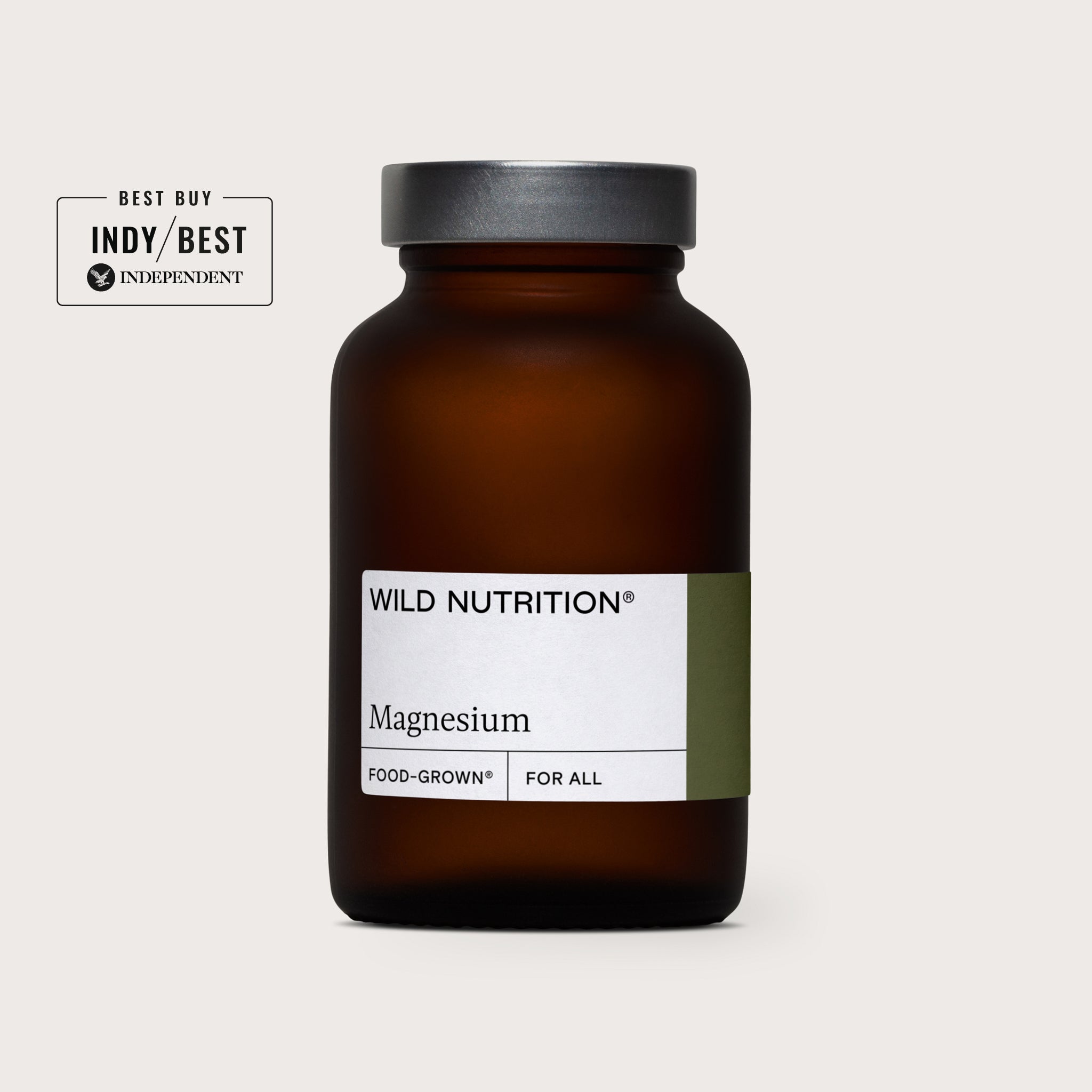
8 nutritional demands of a teenager
As children transcend into their teenage years, emphasis on nutrition can decline - just when awareness should be increased. The British Nutrition Foundation state: ‘Growth and development are rapid during teenage years, and the demand for most nutrients is relatively high.' Teens will in fact go through the most intense physical and mental developmental changes of their lifetime.
National statistics show us that many teens do not meet the required levels of nutrients in their daily diets and it can be a challenge to get teens to eat well-rounded meals.
Our Bespoke Teenboy and Teengirl Daily Multi Nutrient products sit alongside our Bespoke Woman, Bespoke Man and Bespoke Children's Daily Multi-Nutrient to help support the growth, development and psychological demands during these rapid years.
Here are 8 demands that these nutrients will help to meet:
1. Teenager mood, emotions and physical changes
Changes in mood can occur, especially with the start of menstruation for girls. Essential nutrients such as vitamin B6 and zinc are necessary for hormone production, mood balance and skin health (such as acne, pimples).
The adolescent skeleton goes through the most rapid change of any other life stage; resulting in an increased demand for the bone nutrients calcium, phosphorus, magnesium and vitamin D.
Official calcium requirements increase from childhood into teenage years and then levels decrease again from age 19. Teen’s meals should include plenty of mineral-containing foods such as:
- Meat
- Seafood
- Beans
- Legumes
- Nuts
- Seeds
- Dark green vegetables
Protein such as meat, fish, eggs, nuts and seeds feeds the bones too.
2. Getting outdoors
Research conducted by the British Nutrition society found that British teenagers are largely inactive, spending more time indoors. They are a risk category for vitamin D deficiency. Only 10 % of our requirement comes via food. We must therefore focus on sun exposure and supplementation for teens in the UK all year around.
3. Teenage cognitive function
Iodine requirements increase from age 11 onwards. Iodine is needed for the normal growth in teenagers, normal production of thyroid hormones and thyroid function, cognitive function and energy. Encourage teens to eat seafood, seaweed like chlorella or spirulina in a green or fruit smoothie and take a multi vitamin and mineral that contains iodine.
4. Teenage menstruation
Iron requirements increase during adolescence to help with growth and muscle development. After menstruation begins, girls need more iron than boys to replace menstrual blood losses. Iron also contributes to normal cognitive development of teenagers, healthy energy and healthy immunity.
Iron found is meat is ideal but you can also find iron in:
- Beans and legumes
- Nuts
- Seeds
- Vegetables.
Teens experiencing lethargy should have their iron and ferritin levels (stored iron) checked with their GP.
5. Teenage growth
During adolescence there is an increased need for the following nutrients for specific areas of the body: muscles requires extra protein, zinc and iron.
Hemoglobin (blood oxygen) requires: iron, folate, b12, copper. Energy production requires: All of the B vitamins. Therefore teens require well-rounded meals so that all these nutrients (and more) are being consumed daily. A multivitamin can also help support growth (Our Food-Grown Daily Multi Nutrient for teens was formulated with this in mind).
Teenagers will experience periods of rapid growth (in comparison to childhood) that may be accompanied by a profound increase in appetite. If energy needs are not met, the growth spurt may be compromised. It’s an adolescent’s last great chance to develop a body that will serve serve them for the rest of their adult life!
Boys have an increase in muscle and girls have an increase in fatty tissue as their natural ‘female’ shape forms. Teens need good meals (including healthy proteins), plenty of sleep and fussier eaters should potentially be ‘topped up’ with additional nutrients.
6. Teenage diet
As teenager’s body’s and minds change, so does their behaviour and preferences. National statistics also show us that many teens do not meet the required levels of nutrients in their daily diets and it can be a challenge to get teens to eat well-rounded meals.
Teens may become fussier about certain foods and sometimes prefer more ‘commercial’ junk foods. They also begin to feel pressured to fit in with peers with a preference for socially acceptable foods. They are more influenced by celebrity and popular media diets.
Some teens begin with question ethics around food – for example eating meat and dairy. Parents should take the time to talk about food with teens so they are correctly informed. Sometimes visiting a nutritional therapist can be helpful as a practitioner can give ‘objective’ advise and sound less like a nagging parent!
Teens may experience more blood sugar fluctuations and can gravitate to towards sweeter foods and caffeine. Make sure teens get enough from each meal and that healthy snacks are on easy supply, to stop them from ‘leaning’ into unhealthy choices.
7. Teenage stress
Stress and pressures increase from school or in sport performance. Some teenagers gravitate to late nights and going to bed late, compromising healthy growth and energy. Nutrients such as magnesium, B vitamins and botanicals like Ashwangandha or reishi mushroom especially help with fatigued, under-slept or stressed teens.
8. Teenage emotions
Teenager’s brains go through specific shifts – making them more emotional, fearful, aggressive, and even depressive. They also find it harder to focus and concentrate. Make sure you include healthy essential fats in their diet from food such as:
- Avocados
- Nuts & seeds
- Olive oil
- Flax
- Oily fish.
As with all our products they don't only contain all the right nutrients, they are also made using our unique Food-Grown Process which makes them more readily-absorbed by your body.












